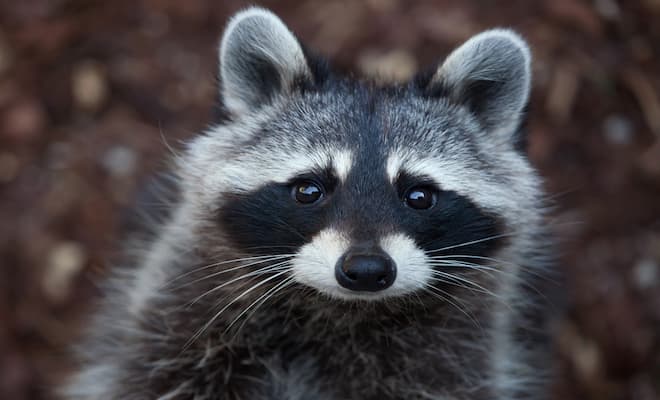As cuddly and friendly as raccoons might seem to humans, raccoons are quite territorial in nature when it comes to other animals. Raccoons might feel threatened and will go on the attack when provoked. Putting together two stubborn animals will not make the situation any better. The additional danger from having a raccoon attack a cat, is that raccoons are often carriers of rabies. Rabies can only be transmitted through an open wound. If you have noticed scratches or bruises on your cat, take your pet immediately to a veterinarian to have your cat checked up.
If you see raccoon on your property and want to get them removed contact the technicians from Raccoon Control for affordable and high-quality raccoon removal services!
Raccoons are known carriers of rabies and can display symptoms if they are rabid. Signs of a rabid raccoon are, but not limited to:
- Disorientation
- Abnormally tame
- Foaming from mouth
- Aggression
- Walking unsteadily
If you recognize any of these, put your pets and children inside as soon as possible. Rabid raccoons are highly unpredictable, and people should be always at a distance, even when they are completely fine. With that said, if a cat gets injured or bitten by a raccoon and you are unaware of it, it is important to closely observe our cat for the following signs and symptoms:
*Please be aware that symptoms do not show immediately and that it can take months to show visible signs
- Aggression
- Lethargy
- Restlessness
- Paralysis
- Loss of appetite
- Seizures
- Sudden death
If you have noticed any of these signs, take the cat to a vet right away! If your cat is usually outside, chances are that this might very well happen.
Raccoons in general are amicable animals, but people should remember that they are wildlife animals first, no matter how much they have seemed to adapt and got used to human presence. Raccoons are best observed at a distance where people can safely spectate their antics. Feeding is also highly discouraged as they might come back with a lot more raccoons.
On the other hand, raccoons are incredibly destructive when they break in attics. This usually occurs during the colder days of the year. Raccoons are very agile and can climb up roofs to get to the upper levels of the residential property. There it pushes the soffit to get access to the interior of the attic. Once inside, the raccoon makes itself comfortable and will destroy insulation by leaving raccoon feces and urine all over the place. The attic becomes heavily contaminated due to all the all the bacteria. The situation exacerbates the longer the raccoon stays inside and once it bears raccoon kits.
To get the raccoons out, it is encouraged to hire a wildlife removal specialist from Raccoon Control. We have raccoon removal technicians that have been in the industry for more than 10 years. We ensure safe and swift removal. To make an appointment and to receive free consultation, contact our customer service team from Raccoon Control!

